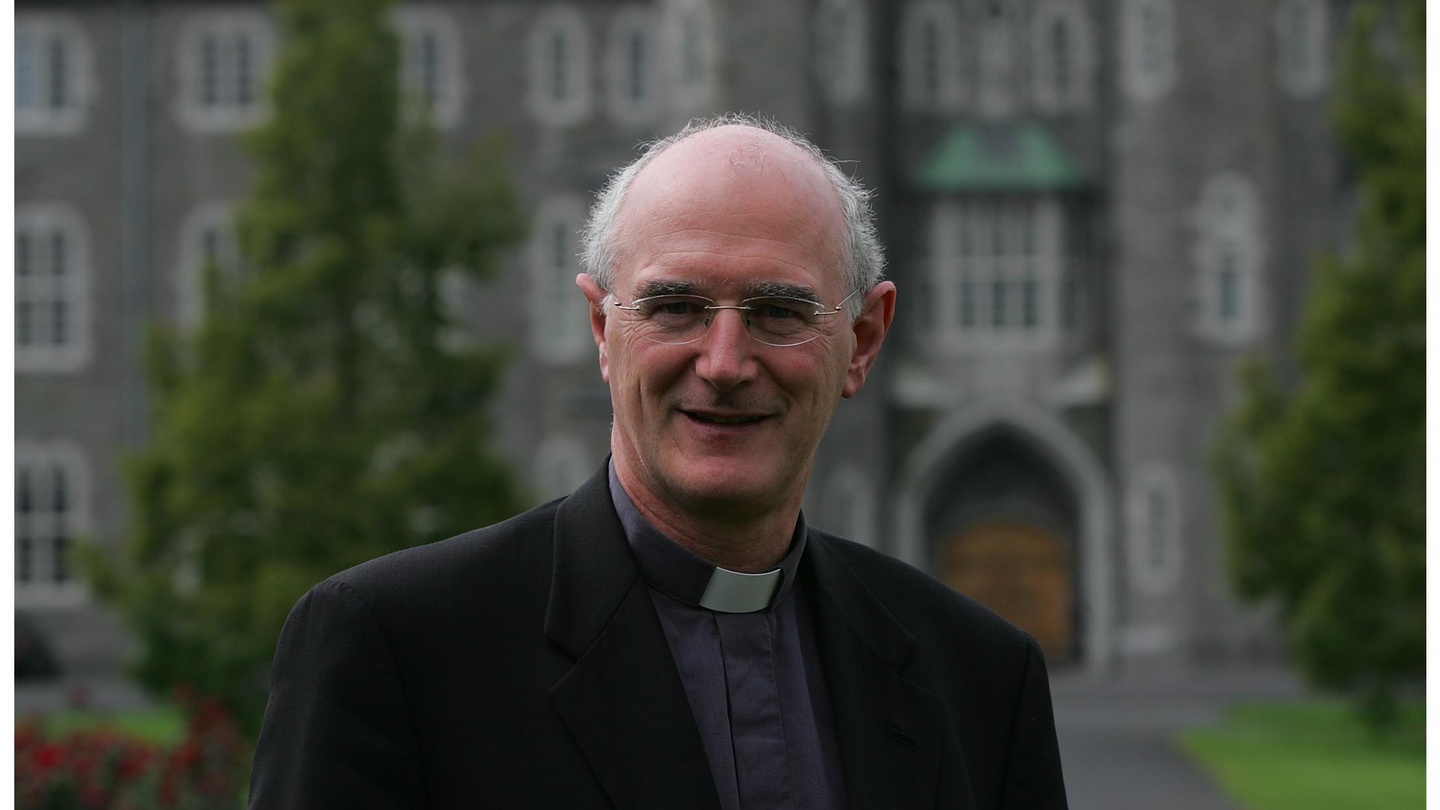The recently published 2021 edition of ‘Síolta’, the annual journal of the national seminary at Saint Patrick’s College, Maynooth, carries an interview with its former president Archbishop Dermot Farrell, whom Pope Francis appointed in January as Archbishop of Dublin.
“A Church in crisis demands creativity” is a wide-ranging interview with ‘Síolta’ editor and seminarian for the Diocese of Ferns Darragh Kennedy, within which Archbishop Farrell reflects on his life, personal vocation and key issues of his ministry, while expressing his confidence in a very changed future.
As part of the interview, Archbishop Farrell said, “The challenges facing me are pretty clear. We have an ageing clergy and very few vocations to the diocesan priesthood or religious life. There is a major decline in the number of people who actively practice and live their faith. Faith needs ritual, embodiment. One must see in people how faith is lived. Today the visibility of faith has for all intents and purposes vanished. I am also dealing with the legacy of sexual abuse scandals which have damaged the Church’s credibility. Since finance is a function of numbers, financial issues will arise which will be accelerated by the global pandemic and its aftermath.
“There is a need for an effective programme of catechetics throughout the Diocese to add to and, eventually, replace the current teaching of faith to the young. With the gradual decline of family socialisation in religion, the role of the qualified catechist will be essential. In my opinion, the handing on of the Faith to the young is one of the most serious challenges facing our Church today. The current model of the Church is unsustainable.”
On vocations, the Archbishop of Dublin said, “Vocation is a gift from God. Priesthood is not a job … priority must be given to the spiritual life. It is essential to be a man of prayer and have the ability to relate to people. Today, one must have sufficient faith and courage to stand against general trends. Public commentary in the media in Ireland has not been positive in it’s understanding of the Church and its need for vocations, and for public support of those trying to preach the Gospel.”
Archbishop Farrell reflected on the role of bishops and priests and the need “to encourage a participatory institutional model of Church with a leadership of service,” central to which “is the People of God, who comprise 99.99% of the Church’s members. When this is grasped all else changes.”
On living faith, Archbishop Farrell said “while I acknowledge that there is an underlying crisis of faith, which is particularly acute among the younger generations, I am not pessimistic about the future of the Church in Dublin.” He continued, “when young people volunteer to look after the sick, or the elderly, or the poor, when accompanied, it may facilitate a dynamic where the Lord starts to speak and move the heart of the young person. We need to start here rather than telling people to go to Mass.”
“What gives me optimism is that the Church has something to offer people, and there are many people who hunger for what it offers.” Archbishop Farrell continued, “crisis demands creativity. This time of reduced numbers may well afford us an opportunity to be creative and to reimagine the institutional Church. We have not been abandoned by God. God is to be found in this situation.”
On what advice he might give to his younger self, Archbishop Farrell said, “Don’t be too rigid in sticking to plans that were dreamt up in the innocence of my youth. Trust in the providence of God.”
As Pope Francis dedicated 2021 as “The Year of Saint Joseph”, this edition of ‘Síolta’ is dedicated to the Guardian of the Universal Church. In general ‘Síolta’ seeks to bear eloquent witness to the striving after excellence which is the hallmark of the national seminary’s formation community.
Ends


